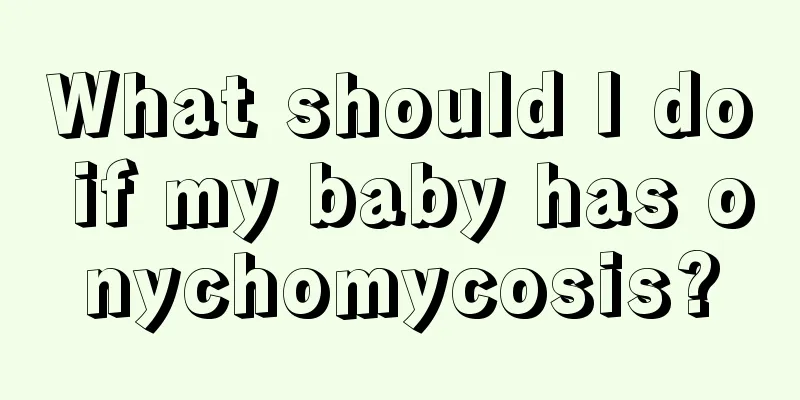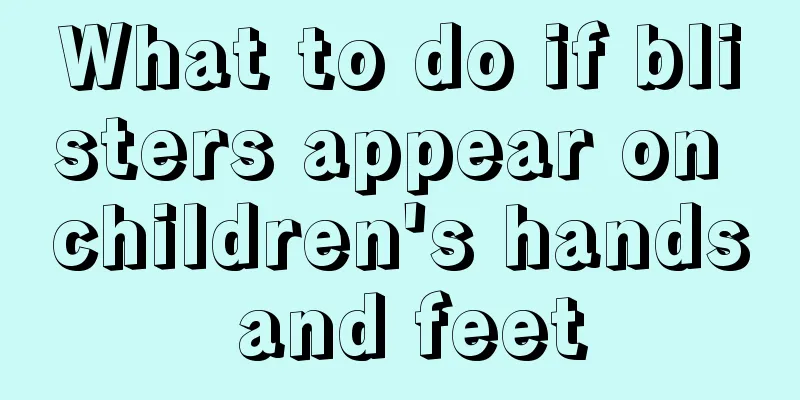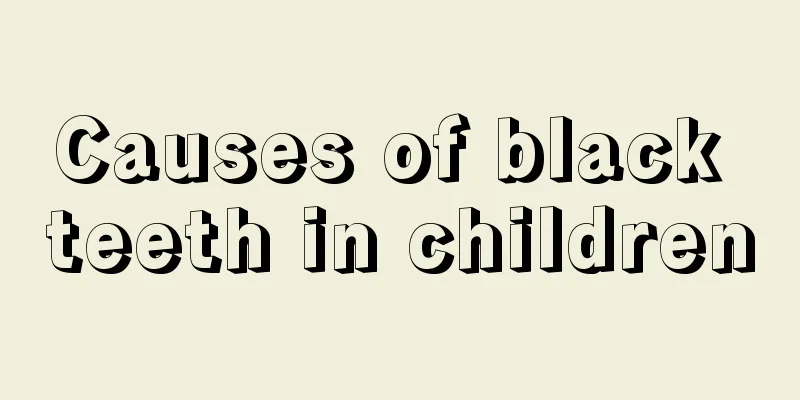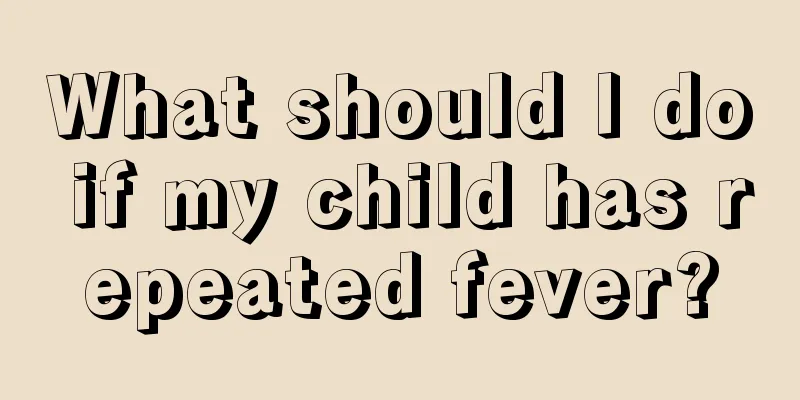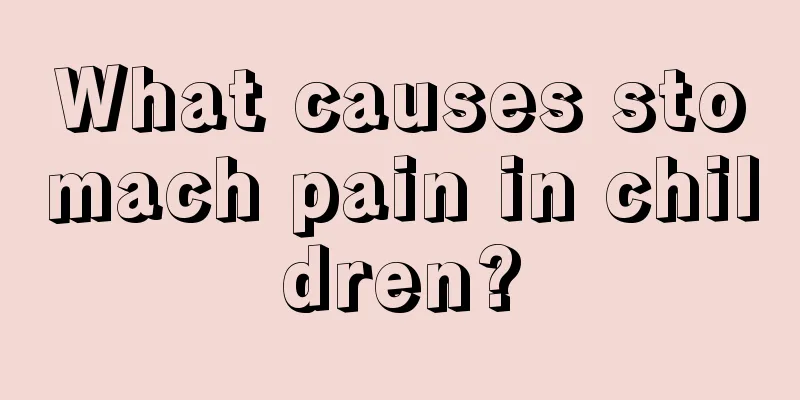What are the symptoms of hypothyroidism in infants?
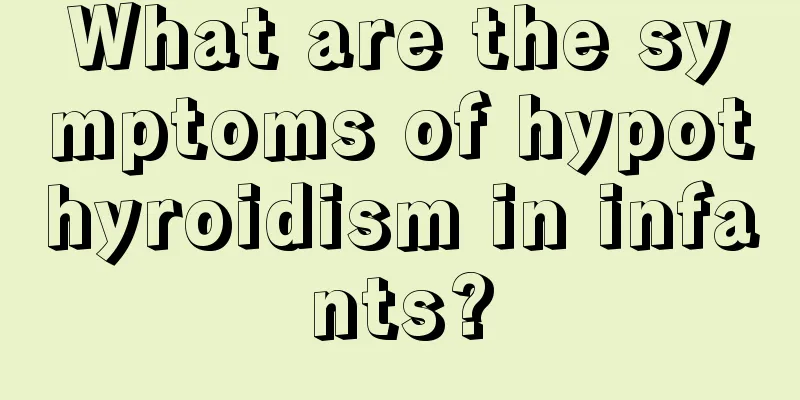
|
Many parents find that their babies are different from other children, they react more slowly, look weird, and their physical and intellectual development are slow. They are very worried about whether their babies have some disease. After taking them to the hospital for relevant examinations, they find out that their children are suffering from positive hypothyroidism. So what are the symptoms of positive hypothyroidism in infants? Congenital hypothyroidism is a common mental retardation disease in children. There are no obvious symptoms in the early stages, but once symptoms appear, they are irreversible. It is also called cretinism. Late detection of this disease has a great impact on the intellectual development of children. This disease can lead to short stature and mental retardation. Medically, it is generally believed that if it is discovered within 2 months, treated in time, and lifelong medication is taken, the intelligence can be basically normal. If the child is discovered and treated after 10 months of age, the IQ can only reach 80% of the normal level. If the child is discovered after 2 years of age, the intellectual disability is irreversible. (1) Special facial features and body shapes The person has a big head, short neck, rough skin, pale complexion, sparse and dull hair, facial myxedema, swollen eyelids, wide eyes, low nose bridge, thick lips, and a large and thick tongue that often sticks out of the mouth. The children are short, with a long trunk and short limbs, upper volume/lower volume >1.5, a distended abdomen, and often an umbilical hernia. (2) Neurological symptoms Intellectual development is poor, facial expressions are dull and indifferent, nerve reflexes are slow, and there are motor development disorders, such as delays in the time it takes to roll over, sit, stand, and walk. (3) Poor physiological function Poor spirit, quiet and inactive, little reaction to surrounding things, drowsiness, poor appetite, low voice, low body temperature and fear of cold, slow pulse and breathing, low and dull heart sounds, low muscle tone, slow intestinal peristalsis, abdominal distension, and constipation. It may be accompanied by pericardial effusion, low voltage on the electrocardiogram, prolonged PR interval, flat T wave and other changes. The above is an introduction to the symptoms of positive hypothyroidism in infants. If you find that your child has the above symptoms, you must seek timely treatment. This disease has a great impact on the development and physical health of children, and it is also very harmful. Parents should pay special attention to it. Once the best treatment time is missed, it is likely to cause intellectual disability in the child. |
<<: How to treat infants with congenital hypothyroidism
>>: What causes congenital hypothyroidism in children?
Recommend
What are the symptoms of intussusception in children?
Intussusception in children is a common disease. ...
Principles of dehydration rehydration
The principle of dehydration rehydration is fast ...
Why does my baby's poop have curds of milk?
Babies in their early childhood have relatively p...
What to do if your child has a viral cold
Have you heard of viral colds in children? I feel...
What to do if your five-month-old baby has allergies
Life is always unexpected, and you never know whi...
My baby spits out a lot of phlegm. Is it ok?
Children have poor physical resistance and their ...
Can children drink cocktails?
Cocktails have a certain alcohol content, so it i...
Baby's fists tremble when he stretches
Parents are very sensitive to any changes in thei...
What to do if your two-year-old baby has hard stools
Babies have weak spleen and stomach, so they need...
What to do if you have a baby with Down syndrome
No one wants to have a baby with Down syndrome. W...
Treatment for children's bedtime cough
Nowadays, the incidence of children coughing befo...
How to stimulate a two-year-old baby to talk
Teaching a child to speak is a technical job. For...
The child said his face hurt but there was no visible swelling
Every child is innocent and lively. They often st...
How to treat stuttering in children in life?
Nowadays, the developmental status of children is...
What to do if your one year and three month old baby doesn't like to eat
The child is one year and three months old and do...
